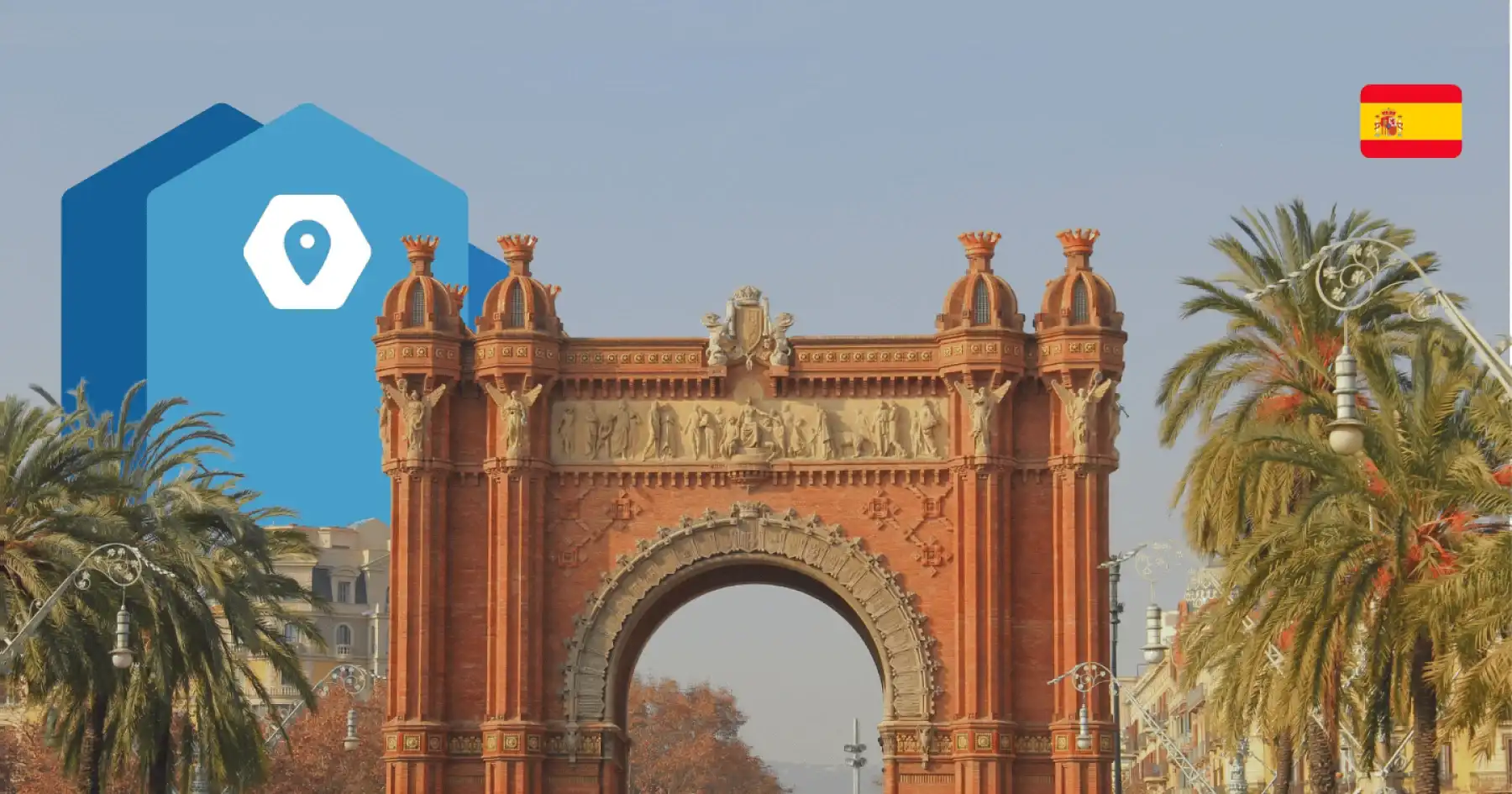- Separate Verfahren geschaffen: Das Unternehmergesetz unterscheidet nun zwischen zwei Arten von Genehmigungen – der EU-Blue Card und der nationalen Arbeitserlaubnis für hochqualifizierte Arbeitnehmer –, die jeweils eigene Zulassungskriterien haben.
- Aktualisierte Qualifikationsanforderungen: Antragsteller für eine Blue Card müssen über einen einschlägigen Hochschulabschluss oder 5 Jahre Berufserfahrung (3 Jahre für IT-Fachkräfte) verfügen, während nationale HQ-Arbeitnehmer einen einschlägigen Abschluss, eine Berufsausbildung oder 3 Jahre Berufserfahrung benötigen.
- Bearbeitungs- und Gültigkeitsregeln: Beide Genehmigungen werden von der Unidad de Grandes Empresas bearbeitet, für drei Jahre ausgestellt und können alle zwei Jahre verlängert werden, sodass nach fünf Jahren Aufenthalt in Spanien ein langfristiger Aufenthaltstitel erteilt wird.
- Mobilität und Gehaltsaktualisierungen: Inhaber einer EU-Blue Card können vorübergehend (bis zu 180 Tage) in Spanien arbeiten oder nach einem Jahr in einem anderen EU-Land dauerhaft umziehen; die Gehaltsgrenzen werden an den spanischen Mindestlohn angepasst.
Diese Woche wurde eine Änderung des spanischen Einwanderungsgesetzes veröffentlicht. Nun gibt es für die im Unternehmergesetz geregelten Genehmigungen für hochqualifizierte Arbeitskräfte zwei verschiedene Verfahren, und hier sind die wichtigsten Änderungen:
Genehmigung für hochqualifizierte Arbeitnehmer, die eine EU-Blue Card besitzen:
- Die Arbeitnehmer benötigen einen für die Stelle relevanten Hochschulabschluss oder mindestens 5 Jahre einschlägige Berufserfahrung.
- Für IT-Fachleute wird die erforderliche Berufserfahrung auf 3 Jahre reduziert.
- Die Blue Cards werden nun in allen Fällen von der Unidad de Grandes Empresas (zentrale Einwanderungsbehörde) ausgestellt und nicht mehr im normalen Einwanderungsgesetz geregelt.
Genehmigung für nationale hochqualifizierte Arbeitskräfte:
- Die Arbeitnehmer benötigen einen Hochschulabschluss oder eine Berufsausbildung, die mit der Stelle in Zusammenhang steht, oder mindestens 3 Jahre einschlägige Berufserfahrung.
- Das ist die uns bisher bekannte Arbeits- und Aufenthaltserlaubnis für hochqualifizierte Arbeitnehmer, die bereits in diesem Gesetz geregelt und von der Unidad de Grandes Empresas gelöst wurde.
Andere wichtige Details:
- Die Mindestlöhne, die für die Beantragung dieser Genehmigungen erforderlich sind, wurden noch nicht veröffentlicht, aber die Verordnung besagt, dass sie sich an den Mindestlöhnen für Berufstätige orientieren werden.
- Die gesetzliche Frist für die Erteilung von Genehmigungen wird beibehalten (20 Arbeitstage, bei Nichteinhaltung dieser Zeitspanne ist Ruhe).
- Inhaber einer Blauen Karte aus einem anderen EU-Land können für bis zu 180 Tage in eine spanische Einrichtung entsandt werden, ohne dass sie eine Sondergenehmigung benötigen.
- Inhaber einer Blauen Karte, die sich seit mehr als einem Jahr in einem anderen EU-Land aufhalten, können direkt eine Blaue Karte in Spanien beantragen und können ab dem Zeitpunkt der Einreichung des Antrags arbeiten.
- Beide Genehmigungen werden zunächst für 3 Jahre erteilt und können um weitere 2 Jahre verlängert werden, so dass die Talente eine langfristige Aufenthaltsgenehmigung beantragen können, sobald sie 5 Jahre in Spanien gewesen sind.
Insgesamt zielen diese Änderungen des spanischen Einwanderungsgesetzes darauf ab, hochqualifizierten Arbeitnehmern den Erhalt einer Arbeitserlaubnis in Spanien zu erleichtern und Spitzenkräfte aus der ganzen Welt anzuziehen.


.svg)












.svg)
